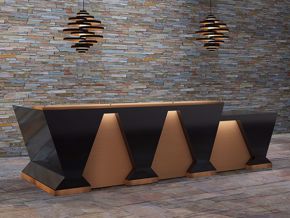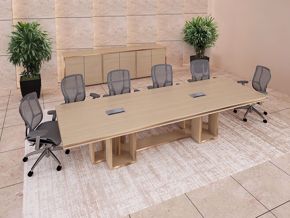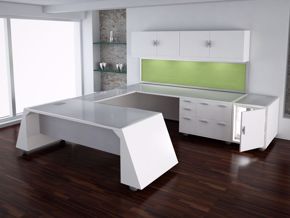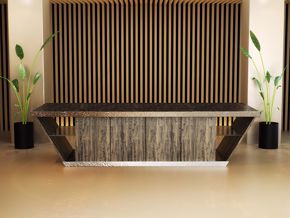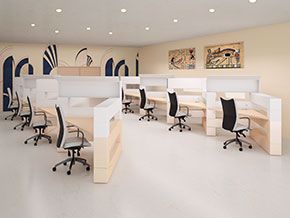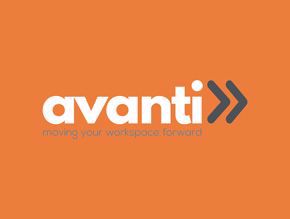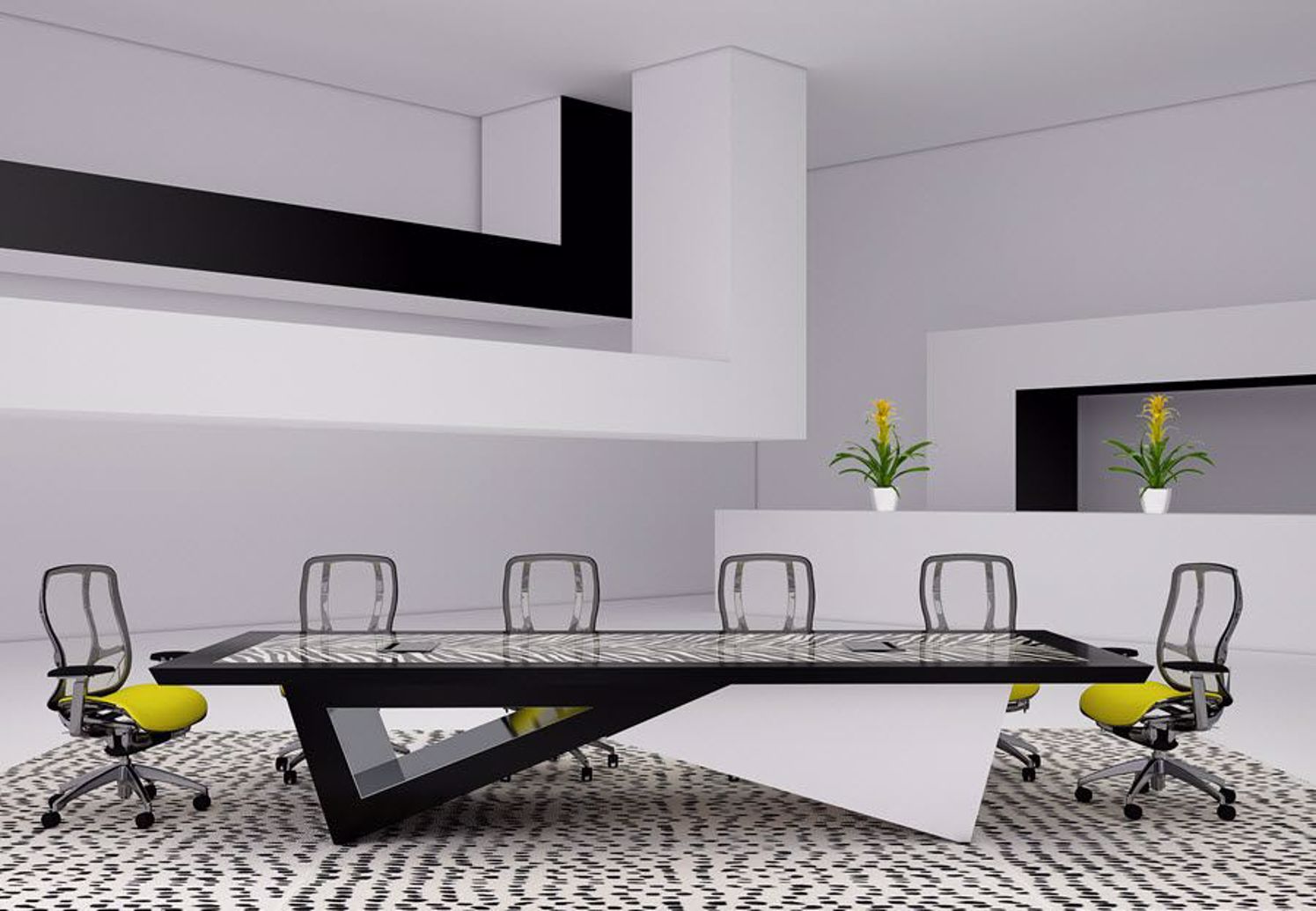It’s tempting to be boring…make boring products…or occupy a boring space. Boring is devoid of criticism. It meets spec. It causes no friction or tension. Everyone knows what to expect, and if a product meets the comparative mindset, everyone is happy.
And if everyone is happy, no one is unhappy.
The issue is this: People who are satisfied with being boring are fixed on just one solution. They are not expanding. They aren’t looking to create better solutions. They don’t want to upset the apple cart.
The people who don’t like our work are right; we can’t argue with that. If they don’t like our work, they don’t like our work. There are plenty of things one can find to dislike. I will share those with you in a moment.
However, if they were to say, “No one will like your work,” they are wrong. They can’t argue with the fact that we like our work, and someone else might like it, too.
Most people choose to buy office furniture simply because they need a place to work—but treating your office as just a place to work is a huge mistake. Here are seven reasons you should view your office as the investment it really is.
Everyone Else Is Wrong
-Friday, December 3, 2021
Marcello fell in love with our Indiana executive desk and wanted it for his law office. He wanted something modern and trendy. Sara opted in on the Columbus reception desk because she wanted something simplistic and modern for holistic medical practice. Barr wanted an outstanding completely customized conference table for his upscale car dealership, something that would impress visitors.
People don’t believe what you believe. They don’t know what you know or have what you have. Everyone has thoughts swirling around in their heads. Everyone thinks they are right. When it comes to making things better, most everyone wants it and have their version of what that means and how to get it for themselves.

If you haven’t noticed the impact things have on the people around you, you are not alone. Rarely does the average person think of changing their surroundings as a way of affecting human behavior. When we don’t get the response we want from others, we look to change them, not their environment. By focusing strictly on the human side of things, we totally miss the subtle yet powerful impact of objects on our unconscious thinking—the size or scale of a room and the furniture in it, a wall color, the type and comfort level of a chair, and so much more.
In the words of Fred Steele, a sociotechnical theorist, most of us are “environmentally incompetent,” like fish who know nothing but water. In much the same way, our physical environment remains silent. Hidden in plain sight, it doesn’t speak out. There is never any friction, so we don’t realize its presence. Because of this, we miss the impact of things around us on the behavior of others. Stated in reverse, we don’t use things to our advantage to drive change when transforming our workplace.
Most people who find themselves in the process of buying custom office furniture are doing it for the first time. Perhaps you are one of them! Because of this, common mistakes are repeated often. Awareness of a few common errors will help you become a better buyer, save you money, and help you avoid the pain and aggravation of do-overs—or, worse still, the disappointment of everyone who is counting on you to make them shine.
Whether you’ve given it much thought or not, there are several things you probably want from your office furniture. The materials that your furniture is made from have everything to do with that selection. Choosing the best materials for your application will take you halfway to a great furniture choice.
Things you want your office furniture to deliver:
- These days, most people are looking for office furniture with a modern flair. That means it has to look good, be eye-catching, and remain relevant to the times.
- Another important considerat...
Effective workplace design isn’t random. It isn’t born out of thin air. It does not come about simply by throwing a few pieces of office furniture together and calling it a day. You won’t get there, effectively, by starting at the end, or the middle for that matter.
All workable workplace designs start with a purpose. It needs to have a reason for coming into existence. It needs to be able to accomplish things to make the business better. It needs to answer the questions; why am I here, what do I need to do for you, and how? Without asking the right questions, one cannot expect to generate the best answers.
Your workplace is one of the most special aspects of your business. It is the center of everything, that is, for your business. It is ground zero for creative ideas, strategic planning, customer communication, vendor relationships, team building, and sales generation, just to name a few.
Much of Excellence is Practice
-Thursday, September 30, 2021
Much of excellence, in any field of endeavor, is practice. So said the late Anders Ericsson, Comrade Eminent Scholar, and cognitive psychologist. He’s spent much of his life demonstrating that elite-level performance doesn’t come from the inherent, mental, or physical domains. He has demonstrated many times over, those who reach the top of their game get there by practice, a type of practice, different from the way most people train, something he called “deliberate practice.” In other words, "perfect practice makes perfect."

